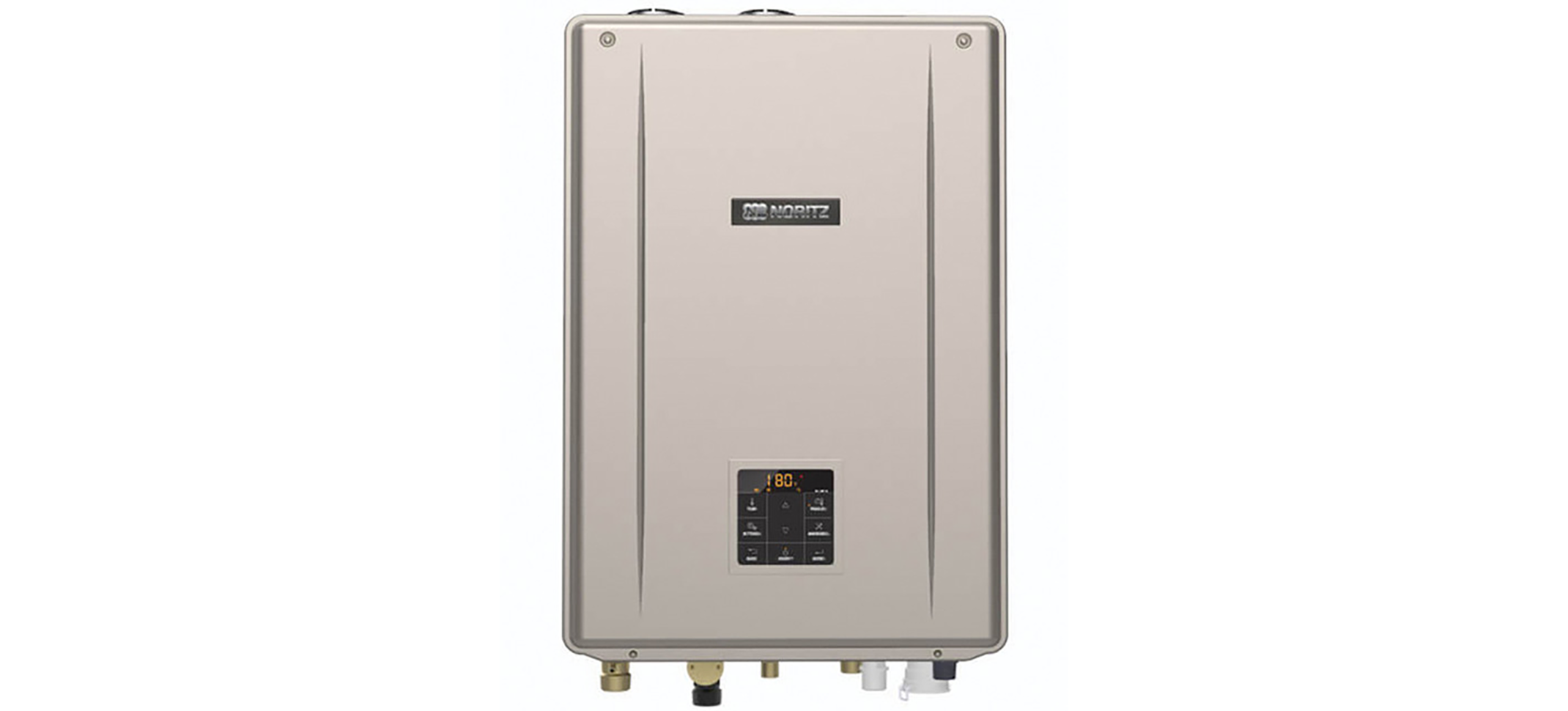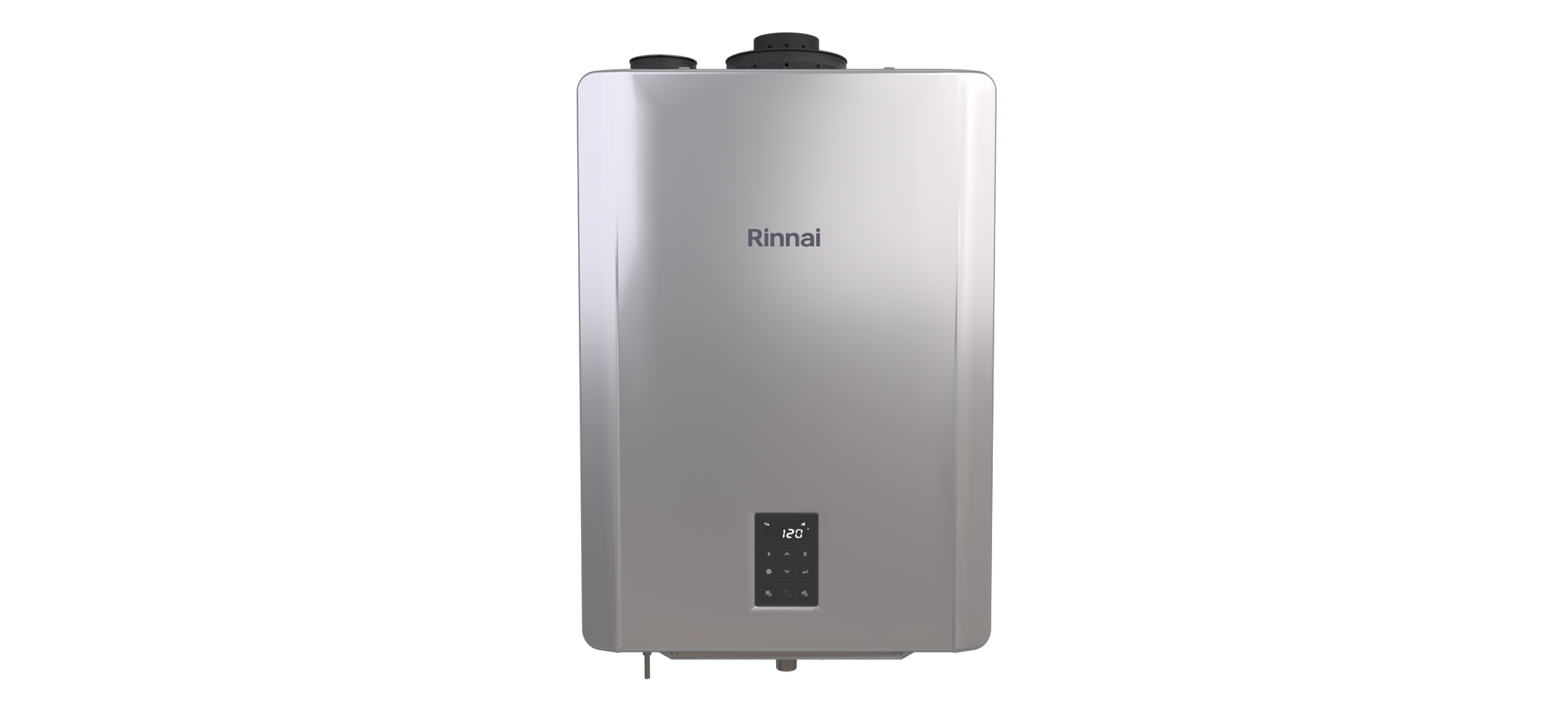Boilers are a crucial component of many home heating systems, providing warmth and hot water. This guide will explore the different types of boilers, their costs, the installation process, and the pros and cons of having a boiler in your home.
Types of Boilers
Combi Boilers (Combination Boilers)
Combination boilers are designed to provide both heating and hot water directly from the unit, offering a streamlined solution for home heating needs. They are compact and highly efficient, making them an ideal choice for smaller homes where space is at a premium. Their space-saving design eliminates the need for a separate hot water cylinder, freeing up valuable room in your home. However, it's important to note that in larger homes, these boilers may struggle to meet a high hot water demand, particularly when multiple taps or showers are in use simultaneously. Despite this, their efficiency and convenience make them a popular option for many households.
System Boilers
These boilers are designed to be an ideal solution for households with substantial hot water demands. Unlike combi boilers, they do not require a cold water tank, which can free up some space in your home. However, they do necessitate a hot water cylinder, which means they might take up more room compared to their combi counterparts. This system is particularly advantageous for homes with multiple bathrooms, as it can supply hot water to several taps simultaneously without losing efficiency or pressure. It's a great choice for families or shared accommodations where hot water needs are consistently higher.
Regular Boilers (Conventional Boilers)
These boilers utilize both a hot water cylinder and a cold water storage tank, making them a reliable choice for many households. They are commonly found in older homes, where their design can meet high hot water demands efficiently. Although they are dependable, they tend to occupy more space within a property and may require more maintenance compared to modern alternatives. Despite these considerations, their ability to supply ample hot water makes them a valuable asset in homes with significant hot water needs.
Electric Boilers
These boilers use electricity to heat water, offering an efficient and reliable solution for a home's heating needs. They are an ideal alternative for homes without access to gas lines, providing a practical option in areas where gas supply is limited or unavailable. Environmentally friendly, these electric boilers operate quietly, reducing noise pollution in the home. However, it's important to note that they tend to have higher running costs compared to traditional gas boilers, which may impact long-term energy expenses. Despite this, their convenience and eco-friendly nature make them a popular choice for many homeowners.
Average Costs
The cost of a boiler can vary significantly based on the type and size. Combi Boilers range from about $2,000 to $10,000. System Boilers can range in price from $3,000 to $6,000. Regular Boilers vary in price from $2,200 to $7,000. Electric Boilers start at $1,200 and can cost up to $8,000. These prices include the cost of the boiler itself and installation.
Installation Process
Installing a boiler involves several steps:
1. Selecting the Boiler: Choose the right type and size based on your home’s needs.
2. Removing the Old Unit: Safely disconnect and remove the existing boiler.
3. Preparing the Installation Area: Ensure the area is clear and ready for the new boiler.
4. Connecting the New Boiler: Install the new boiler, connecting it to the gas, water, and electrical supplies.
5. Testing and Commissioning: Test the boiler to ensure it operates correctly and efficiently.
6. Final Checks: Perform safety checks and provide the homeowner with operating instructions.
Pros and Cons of Boilers
Boilers are generally more energy-efficient than forced-air systems, leading to lower energy bills over time. They provide consistent and even heating throughout the home, ensuring that each room maintains a comfortable temperature without the hot and cold spots often experienced with other heating systems. Boilers operate quietly, unlike forced-air systems which can be noisy due to the movement of air through ducts and vents. Additionally, boilers can offer better indoor air quality as they do not circulate allergens and dust like forced-air systems might. This makes them an excellent choice for households seeking both comfort and efficiency.
The initial cost of purchasing and installing a boiler can be high, as it involves not only the price of the unit itself but also the labor and materials required for setup. Boilers, especially regular ones, require more space for installation because they often need additional components like a hot water cylinder and sometimes a cold water storage tank. Regular maintenance is necessary to keep the system running efficiently, ensuring that it delivers consistent heating and hot water. This maintenance can include tasks like checking the pressure, cleaning the components, and inspecting the system for any potential issues that could lead to inefficiencies or breakdowns.
Conclusion
Boilers are a reliable and efficient way to heat your home and provide hot water. By understanding the different types, costs, installation process, and the pros and cons, homeowners can make an informed decision about whether a boiler is the right choice for their home. If you’re considering a new boiler, consult with a heating professional to find the best option for your needs and ensure a smooth installation process.






